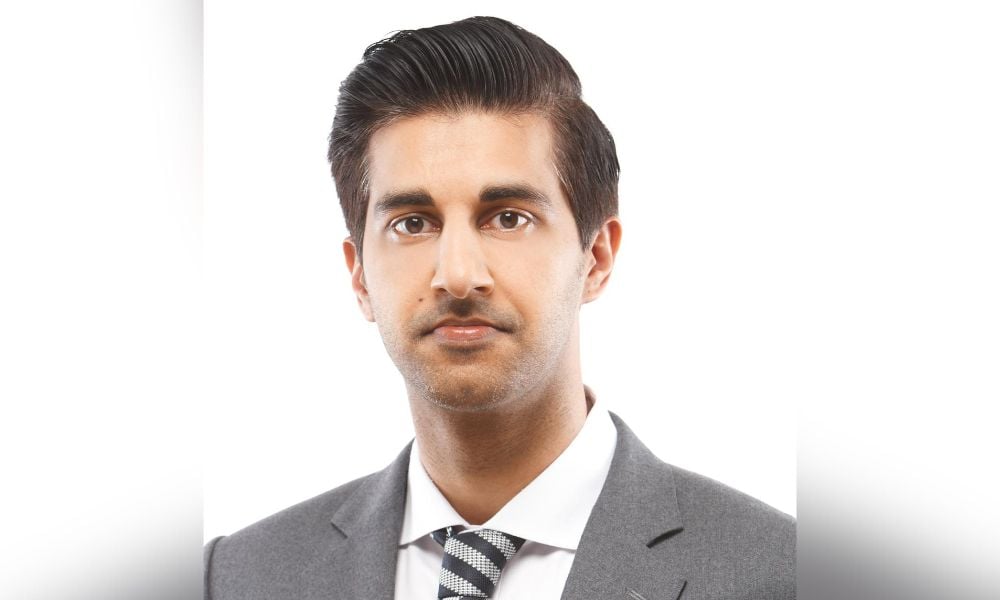
Leading lawyer Pavan Jawanda expects more similar deals and says US can serve as an example

In a first-of-its-kind deal, the Snuneymuxw First Nation’s economic development arm has recently acquired two major casinos on Vancouver Island, marking a milestone in Canada’s gaming industry.
The acquisition of Elements Casino Victoria and Casino Nanaimo from Great Canadian Entertainment is the first M&A transaction involving an existing regulated casino business with a First Nations acquirer, says Pavan Jawanda, the McCarthy Tétrault partner who led the deal.
Jawanda says the transaction could pave the way for more First Nations involvement in the gaming industry.
“I can’t comment on the specifics, but we’re fully expecting more interest and participation by First Nations in the gaming industry… I think these transactions will serve as models for future outcomes and partnerships between First Nations and provinces and gaming industry participants,” Jawanda says.
He adds that First Nations differ from other investors as their investment horizon is much longer than that of business owners who look to make a profit or are sometimes forced to exit and sell the business.
“First Nations are often deeply entrenched in their communities and their local economic ecosystems and have a very strong vested interest in seeing their communities prosper,” he says.
Jawanda says the Native American tribes in the US built an extremely successful gaming model that has had a profound impact on the tribe members’ lives and livelihoods, contributing to local economic growth, employment, and revenue.
He says the US platform can serve as a model for further First Nations participation in the Canadian gaming industry.
Beyond its historical significance, Jawanda says the deal presented unique legal complexities.
He says acquiring a regulated gaming business requires extensive regulatory approvals, compliance with provincial and federal gaming laws, and careful structuring to align with First Nations financing mechanisms.
“We had our national gaming practice lead this transaction because we work with most of the large casino operators on their corporate transactions, and we have folks across Canada that do this type of work,” he says.
Obtaining regulatory approvals from BC Lottery Corporation and the Gaming Policy Enforcement Branch was a key step in finalizing the acquisition, Jawanda says, as even minor ownership changes in the gaming industry require extensive oversight.
“Anytime there's a meaningful change in ownership of a casino operator, it results in a pretty lengthy regulatory approval process… Just a five percent change in ownership involves obtaining regulatory approvals and applicable licenses and registrations from the gaming regulators,” he adds.
He says the deal went smoothly, and its finalization didn’t take longer than expected from both sides. The key consideration was coordination with the regulators.
You need to “ensure that [the gaming regulators] are getting the information they need … and vice versa, because regulatory approvals are usually the largest item in these transactions just because it is a very rigorous and robust process,” he says.
Apart from regulatory coordination, the deal required collaboration across multiple legal teams.
Other key legal teams involved in the deal included mergers and acquisitions, financing, zoning, real estate, labour and employment, pensions, intellectual property, commercial, environmental, competition, and tax.
The acquisition was partly financed by the First Nations Finance Authority (FNFA), which provides long-term loans to First Nations for economic development.
Jawanda says the deal marks a significant step toward economic reconciliation, as revenue from the acquired casinos will be reinvested into the Snuneymuxw community.
He expects more First Nations to pursue similar opportunities. "With the increased focus on economic reconciliation and self-determination, First Nations will be very active in investing and creating local economic ecosystems,” he says.
“This is going to be a generational asset for the nation and its community,” he adds.